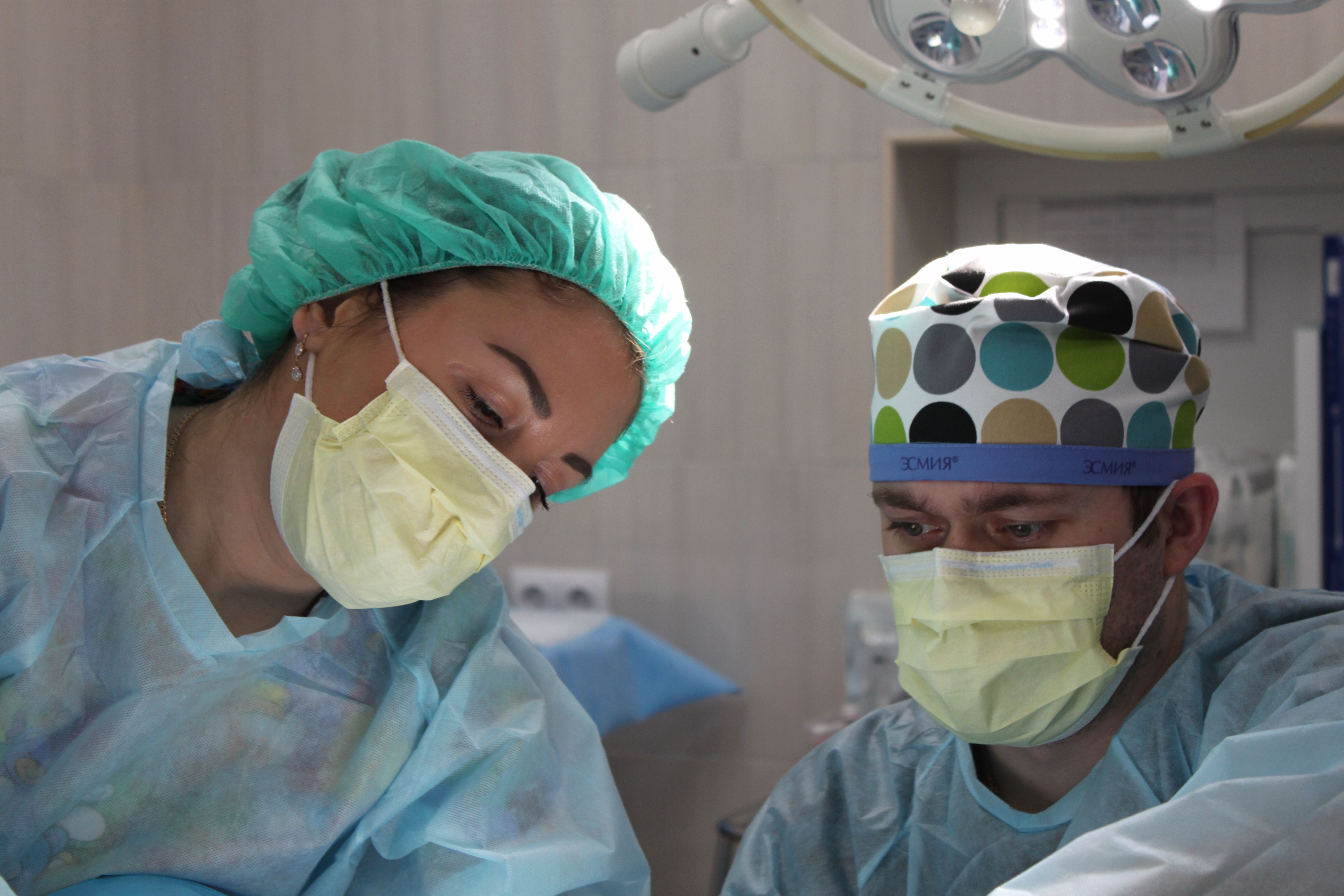Article
Partial, Total Fundoplication Effective Long-Term for Controlling GERD
Author(s):
The long-term efficacy of fundoplication surgery has not previously been explored for the management of the symptoms of GERD.

New research shows fundoplication surgery is effective both in the long- and short-terms in managing the symptoms of gastroesophageal reflux disease (GERD).
A team, led by Apostolos Analatos, MD, Division of Surgery, Department of Clinical Science, Intervention, and Technology, Karolinska Institutet, compared the long-term results on mechanical complications, reflux control, and quality of life for patients undergoing posterior partial fundoplication (PF; 270 degrees) or total fundoplication (TF) in the surgical treatment of patients with GERD.
The Surgery
While surgery is still recommended for patients with GERD, there remains concerns over adverse events, particularly of the mechanical nature.
There remains a lack of research into the long-term efficacy of fundoplication operations in the management of GERD, with concerns over comparing various types of fundoplication.
In the double-blind, randomized clinical trial, the investigators examined 456 patients at Ersta Hospital in Sweden between November 19, 2001 and January 24, 2006.
The investigators sought main outcomes of dysphagia scores for solid and liquid food items after more than 15 years.
The team also assessed generic quality of life using the 36-Item Short-Form Health Survey, disease specific quality of life using the Gastrointestinal Symptom Rating Scale, and proton pump inhibitor consumption.
Long-Term Data
The long-term analysis was conducted among the 407 available patients, with relevant data obtained from 310 patients with a mean age of 66 years. A total of 159 patients were in the partial fundoplication group and 151 patients were in the total fundoplication cohort. There was also a mean follow-up period of 16 years.
Of the patients in the partial fundoplication group, 17 patients died during follow-up, 2 patients developed dementia, 2 patients emigrated, and 49 patients did not respond to the invitation to participate. For patients in the total fundoplication group, 26 patients died, 1 patient emigrated, 1 patient unregistered from the study, and 48 patients did not respond.
The causes of death included cardiopulmonary (n = 11), nongastrointestinal malignant neoplasms (n = 7), gastrointestinal malignant neoplasms except esophageal cancer (n = 6), and unidentified causes (n = 18). In addition, 1 patient in the partial fundoplication group died of esophageal adenocarcinoma.
Dysphagia
The investigators found at the 15-year mark post-surgery, mean dysphagia scores were low for both liquids (PF, 1.2 [0.5]; TF, 1.2 [0.5]; P = .58) and solids (PF, 1.3 [0.6]; TF, 1.3 [0.5]; P = .97), with no statistically significant differences between the 2 groups. Patients showed marked improvements in dysphagia scores in both groups at the one-year mark following surgery.
These scores were maintained over the course of follow-up with only minor changes in scores.
There was, however, a statistically significant difference in favor of partial fundoplication for liquid dysphagia 1 year post-surgery (mean [SD] score for PF, 1.0 [0.3]; for TF, 1.1 [0.4]; P = .04). This was also true for solids at 1 year (mean [SD] score for PF, 1.1 [0.4]; for TF, 1.3 [0.6]; P = .01) and 2 years (mean [SD] score for PF, 1.1 [0.4]; for TF, 1.3 [0.6]; P = .01) postoperation.
For proton pump inhibitors, 24% (n = 38) of the partial fundoplication group and 28% (n = 42) of the total fundoplication group continued to use 15 years following surgery. Of this patient subgroup, 66% (n = 25) of the partial fundoplication group and 67% (n = 28) of the total fundoplication cohort used the treatment to control GERD symptoms.
In addition, reflux symptoms were also equally well controlled by the 2 different fundoplication, as well as improvements in quality of life scores.
“The long-term findings of this randomized clinical trial indicate that PF and TF are equally effective for controlling GERD and quality of life in the long term,” the authors wrote “Although PF was superior in the first years after surgery in terms of less dysphagia recorded, this difference did not prevail when assessed a decade later.”
The study, “Clinical Outcomes of a Laparoscopic Total vs a 270° Posterior Partial Fundoplication in Chronic Gastroesophageal Reflux Disease,” was published online in JAMA Surgery.





